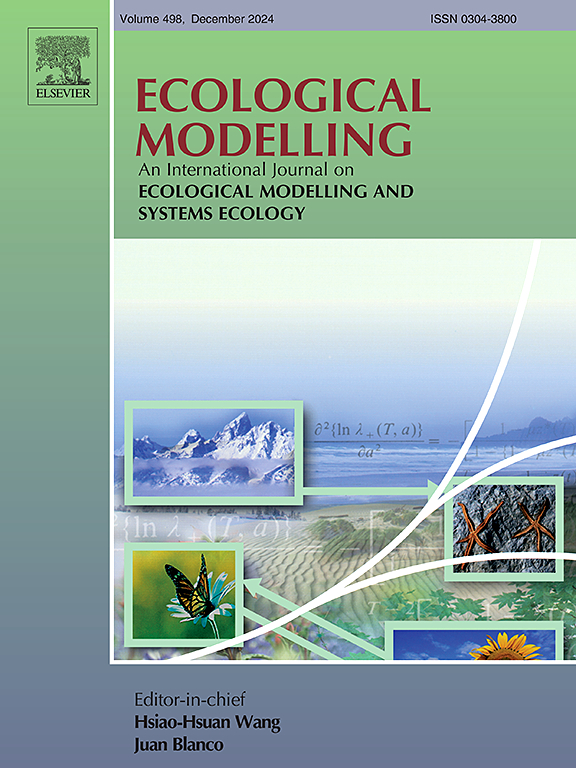Using the ODD protocol and NetLogo to replicate agent-based models
IF 2.6
3区 环境科学与生态学
Q2 ECOLOGY
引用次数: 0
Abstract
Replicating existing models and their key results not only adds credibility to the original work, it also allows modellers to start model development from an existing approach rather than from scratch. New theory can then be developed by changing the assumptions or scenarios tested, or by carrying out more in-depth analysis of the model. However, model replication can be challenging if the original model description is incomplete or ambiguous. Here we show that the use of standards can facilitate and speed up replication: the ODD protocol for describing models, and NetLogo, an easy-to-learn but powerful software platform and language for implementing agent-based models. To demonstrate the benefits of this approach, we conducted a replication experiment on 18 agent-based models from different disciplines. The researchers doing the replications had no or little previous experience using ODD and NetLogo. Their task was to rewrite the original model description using ODD, implement the model in NetLogo and try to replicate at least one exemplary main result. They were also asked to produce, if time allowed, some initial new results with the replicated model, and to record the total time spent on the replication exercise. Replication was successful for 15 out of 18 models. The time taken varied between 2 and 12 days, with an average of 5 days. ODD helped to systematically scan the original model description, while NetLogo proved easy and quick to learn, but difficult to debug when implementation problems arose. Although most of the models replicated were relatively simple, we conclude that even for more complex models it can be useful to use ODD and NetLogo for replication, at least for developing a prototype to help decide how to proceed with the replicated model. Overall, the use of both, standard approaches such as ODD and easy to learn but powerful software such as NetLogo, can promote coherence and efficiency within and between different models and modelling communities. Imagine if all modellers spoke ODD and NetLogo as a common language or lingua franca.
求助全文
约1分钟内获得全文
求助全文
来源期刊

Ecological Modelling
环境科学-生态学
CiteScore
5.60
自引率
6.50%
发文量
259
审稿时长
69 days
期刊介绍:
The journal is concerned with the use of mathematical models and systems analysis for the description of ecological processes and for the sustainable management of resources. Human activity and well-being are dependent on and integrated with the functioning of ecosystems and the services they provide. We aim to understand these basic ecosystem functions using mathematical and conceptual modelling, systems analysis, thermodynamics, computer simulations, and ecological theory. This leads to a preference for process-based models embedded in theory with explicit causative agents as opposed to strictly statistical or correlative descriptions. These modelling methods can be applied to a wide spectrum of issues ranging from basic ecology to human ecology to socio-ecological systems. The journal welcomes research articles, short communications, review articles, letters to the editor, book reviews, and other communications. The journal also supports the activities of the [International Society of Ecological Modelling (ISEM)](http://www.isemna.org/).
 求助内容:
求助内容: 应助结果提醒方式:
应助结果提醒方式:


